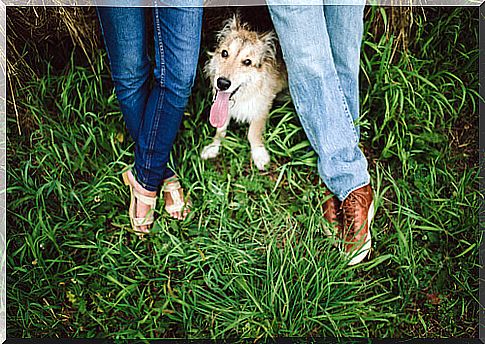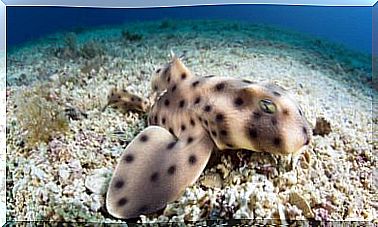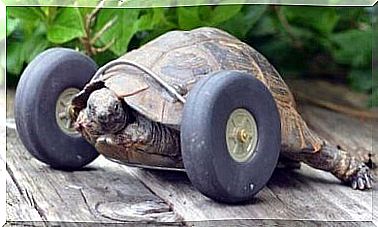Portugal: Divorced Couples Have Animal Visitation Regime

At the end of 2015, the Palarmento de Portugal approved, by an absolute majority of members, a reform of the Civil Code that brought substantial changes. The new understanding addresses how pets are legally treated. Among the changes, it is established that, in case of divorce, a judge will be in charge of defining a visiting regime for the divorced couple.
Living beings with sensitivity and autonomy
According to the new legal framework, animals are living beings with sensitivity and autonomy, and not simple objects. Although mistreatment was already typified as a crime, pets now acquire a new status under the law. The normative puts them halfway between being owned by others and human beings.
The reform stipulates that it is the obligation of animal owners to provide sufficient water and food. In addition, divorced couples must periodically take the animal to the veterinarian, in addition to strictly complying with the vaccination schedule.

If someone collects an animal from the stray, they must immediately notify the competent authorities. It is also required to post notices in search of legitimate owners in visible places with high traffic of people. Anyone who does not comply with the provisions runs the risk of being accused of theft. In this case, the penalty can reach up to three years of detention.
If the owner of the lost pet appears, he must indemnify the costs generated by his pet with food and veterinary assistance. If after a year it does not show up, whoever rescued the animal can legally remain with it.
Portugal’s Penal Code also establishes that anyone can file a lawsuit in case of mistreatment of animals. Just be a witness or suspect of physical abuse committed against dogs, cats, turtles, rodents or any animal, whether domestic or wild.
However, what attracted the most attention in the new legal status are the divorce cases of couples with pets. From now on, the procedures applied are similar to the cases of couples with small children.
Shared custody and visiting arrangements for divorced couples
The reform arose from the need to reduce the high rate of abandoned animals in the country as a result of divorces. In the vast majority of cases, none of those involved wanted to take responsibility for the care of the mascot they kept together for so long. As a result, dogs, cats, turtles and other animals almost always ended up abandoned on the streets.
The regulation also seeks to establish a legal framework for cases that are at the other extreme. In some situations, both members of the couple want to keep the animal.
If the divorce is consensual, those involved are responsible for informing the courts of the existence of animals. They must also inform who takes responsibility for housing it. Then, a pet visiting or shared custody regime is established.
When couples are unable to come to an agreement, it is up to a judge to determine the fate of any living beings involved.
In deciding who to give custody to, economic factors are considered. In addition, alimony or other expenses will not always be established.
And in Spain?
In the Spanish legislative calendar, there is no law or reform proposal that suggests a similar solution for divorced couples. However, at least two cases are known in the country in which the dispute over animals and the establishment of a visiting regime for pets reached the courts.

The first of them took place in 2002 in Alicante. A judge decided to give a divorced couple shared custody of a dog.
The second case happened in 2006, in Barcelona, and it was much more complicated and scandalous. At the time of the separation, the couple signed an agreement establishing that the pet they kept during the union (a Golden Retriever) was the woman’s property.
The man could visit the animal, as long as he previously agreed the place and time with his ex-wife.
After the controversy, a third court decision would settle the case. The judge ruled that the woman, as the dog’s owner, was within her rights to allow or not her ex-husband to visit the animal.









